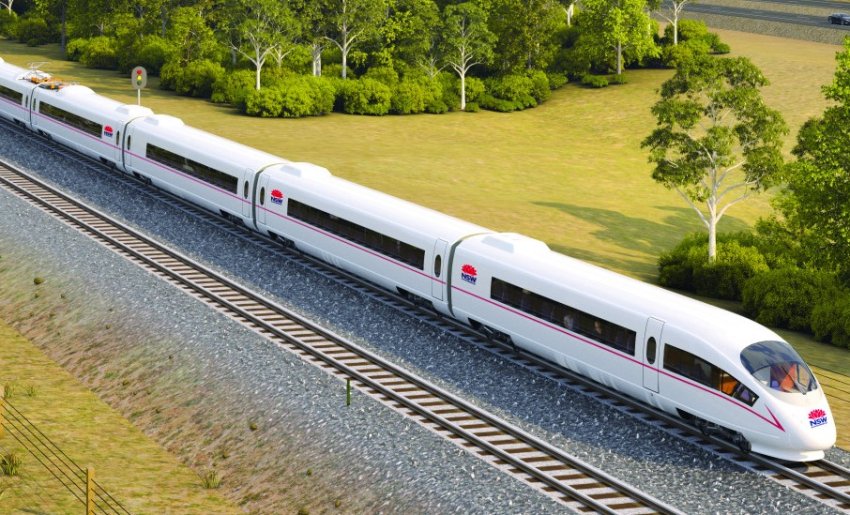
NSW Premier Gladys Berejiklian affirmed the government is committed to accelerating the privatisation of state assets. If there had been any doubt, she dispelled it at a Sydney Morning Herald-sponsored summit on infrastructure on April 29.
The government is looking at more “asset recycling”, she said, which is neoliberal jargon for privatising public assets to finance largely private infrastructure projects.
“We’re carrying a bit more debt than we used to, but also the asset recycling agenda is definitely renewed for us,” Berejiklian said.
“When talking about asset recycling we’re serious; instead of owning something that might not be very creative and active on the balance sheet, you can convert that into schools and hospitals and roads and rail,” she said.
Just how creative and active a publicly-owned asset needs to be seems to depend on whether you are a corporation or an ordinary citizen.
Despite widespread public opposition, the government’s privatisation crusade over the past decade follows on from Labor’s beforehand: assets including power, roads, rail and bus, public housing and other state owned real estate have been sold for a song to developer mates.
The government sold its majority stake in electricity for close to $23 billion in 2017, with 49% of the operators, Ausgrid and Endeavour Energy, remaining in state hands. Now, Berejiklian wants to flog off the rest.
Given the climate crisis has generated drought, catastrophic bushfires followed by destructive floods, what could be more creative and active than retaining the power industry in public hands to make the necessary shift to renewable energy?
Privatising the power industry makes the urgent shift away from fossil fuels even more difficult. The so-called energy market is a major obstacle to shifting to 100% renewable energy by 2030.
The government scrapped its plan to sell off state forests after the Black Summer fires destroyed close to a quarter of NSW’s softwood forests. However, there are fears the government will revisit its earlier plan to privatise plantation forests.
It is also pushing ahead with the sale of its remaining 49% of the controversial WestConnex tollway. Toll road giant Transurban, which currently owns 51% of WestConnex, has been given first offer rights under cosy original acquisition deal terms.
Transurban confirmed on May 3 that the Australian Competition and Consumer Commission, the so-called competition watchdog, had advised it would not oppose Transurban buying the remaining public share of WestConnex. The corporate giant stands to make huge profits from inflated tolls, while the public will lose out on economic and environmental grounds.
Berejiklian is now talking up plans for a fast rail network to the state’s regions. The promotional material boasts of the government’s “unmatched record for identifying and funding infrastructure”, but experience tells us that the price tag — $87.2 billion — will mean it is a government-supported private project based on “asset recycling”.